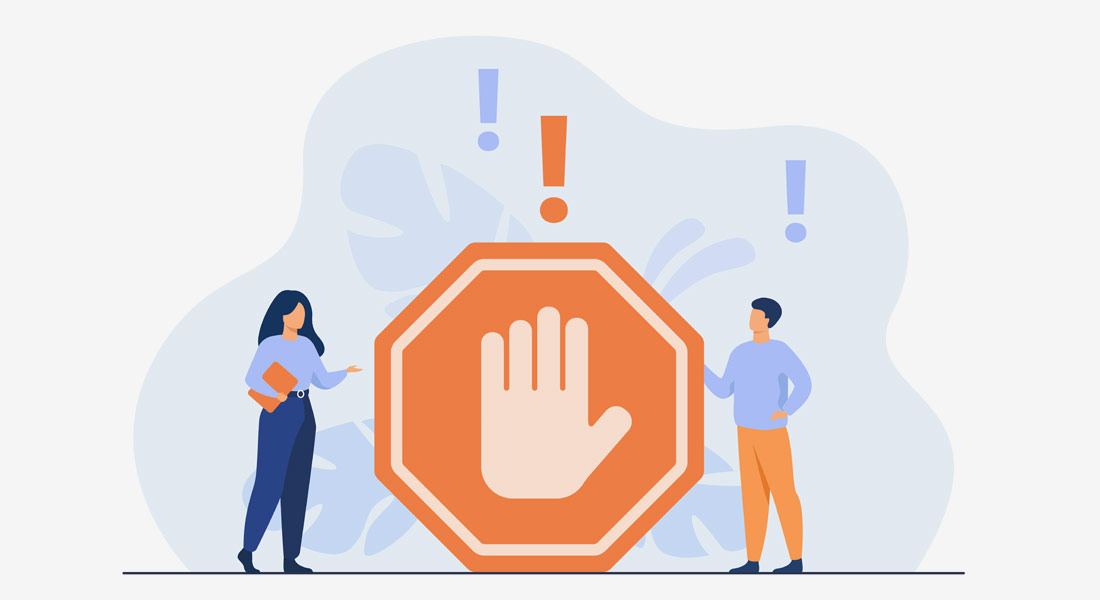Unconscious bias
Julia Trattnig | 29 September 2021
Unconscious or implicit bias means to make judgements or decisions based on our prior experience, or own inherently deep-fixed attitudes and assumptions, and we are not aware that we are doing it.
For this reason, implicit biases are different to conscious biases, made with full knowledge and intentionally.
Nevertheless, implicit bias can contribute to various forms of inequality or discrimination. For example, it can lead to gendered impacts, if research is conducted gender-blind due to unconscious bias (Gvozdanović/Bailey, 2020).
To limit explicit and conscious biases, laws have been established to limit discriminatory behaviour and change behavioural standards (e.g. civil rights movement in the United States), which leads to an inclusive, culturally competent society (Ross, 2014).
References
Gvozdanović, Jadranka/Bailey, Jemimah (2020): “Unconscious bias in academia. A threat to meritocracy and what to do about it”. In: Drew, Eileen/Canavan, Siobhán (ed.): The gender-sensitive university: a contradiction in terms? New York: Routledge.
Ross, Howard J. (2014): Everyday Bias. Identifying and Navigating Unconscious Judgements in Our Daily Lives. Lanham: Rowman & Littlefield.

